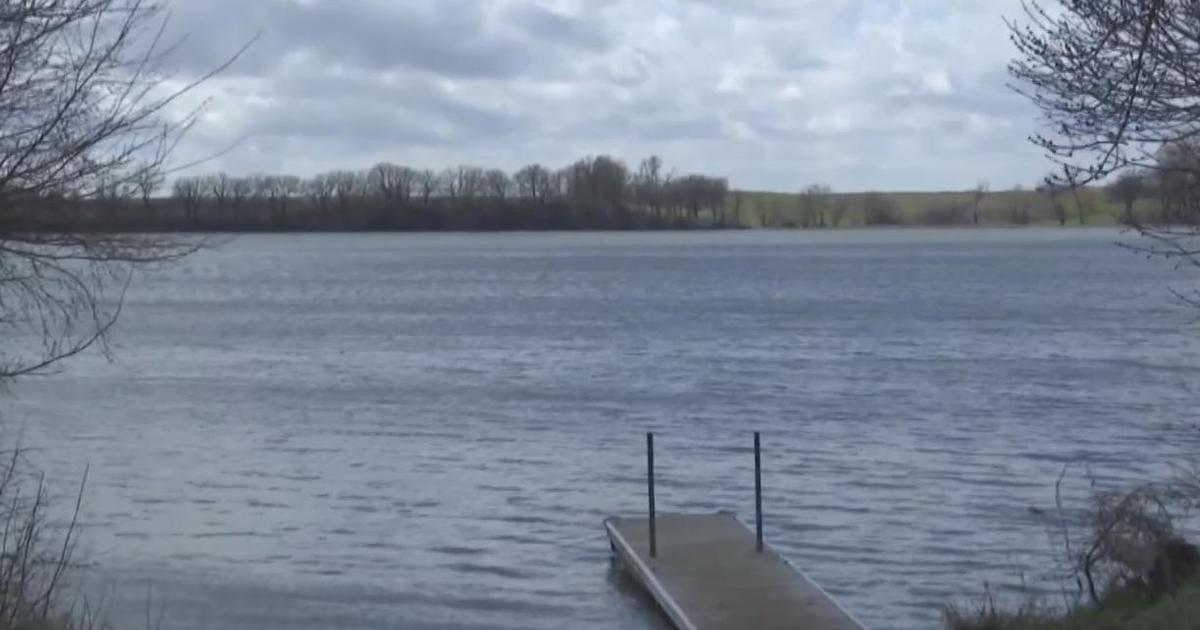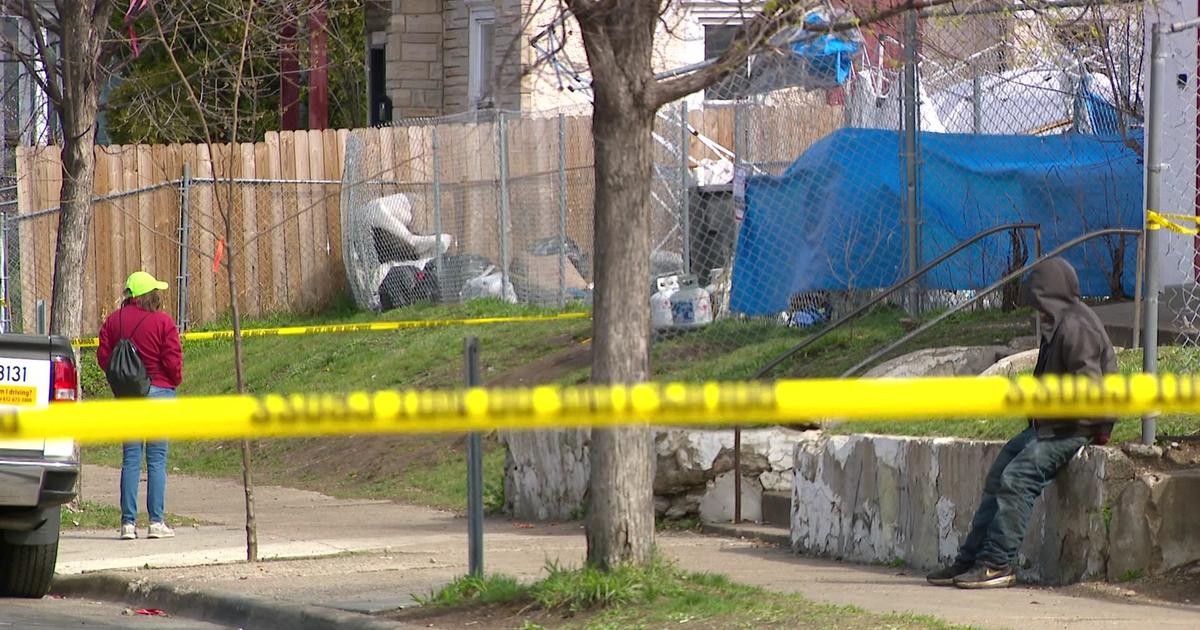Minnesota To Take In 2,500 Refugees Next Year
MINNEAPOLIS (AP) — A division of the U.S. State Department recently told Minnesota officials that the state will be allowed to take in 2,505 refugees for resettlement during federal fiscal year 2017. That's roughly in line with recent years. Here's a look at Minnesota's refugees and details about the process:
HOW RESETTLEMENT WORKS
Every fiscal year, the federal government caps the number of refugees the U.S. will accept, including a maximum number from each area of the world. The nationwide cap is 110,000 refugees for federal fiscal year 2017, which started Oct. 1. That's up from 85,000 the year before.
Local resettlement agencies play a role in determining the number of refugees that will be allocated. The agencies look at their resources — including staffing, affordable housing and capacity for services like ESL classes and health screenings — and submit the number of refugees they believe the community can absorb.
The refugees are screened before they are accepted to the U.S., and when possible assigned to areas where they have friends or relatives. The Minnesota Department of Human Services says that in 2015, more than 90 percent of the state's refugees said they had ties to Minnesota before arrival.
Refugees are granted legal immigration status.
HOW MINNESOTA FARES
Minnesota has a reputation for being welcoming to refugees and is a model of how resettlement can succeed, said Eric Schwartz, dean of the University of Minnesota's Humphrey School of Public Affairs.
From 2003 through Oct. 31 of this year, Minnesota took in 39,501 refugees from dozens of countries, according to the Department of Human Services. The state also took in additional refugees relocating from other states.
While the state was approved for 2,505 refugees this fiscal year, agencies who resettle refugees can increase their number by up to 10 percent without federal approval.
Bob Oehrig, executive director at Arrive Ministries, said his agency said it could serve 400 refugees this fiscal year, up 20 from the year before. He said finding affordable housing is the biggest challenge when it comes to settling refugees.
WHERE ARE THEY FROM?
Nearly 40 percent of Minnesota's refugees are from Somalia, where a decades-long civil war has displaced many. From 2003 to Oct. 31 of this year, a total of 15,633 Somali refugees came to Minnesota, including 1,111 so far this year.
About 20 percent of the state's refugees are from Myanmar, also called Burma. The majority of them are Karen, an ethnic group from the mountainous border regions of Myanmar and Thailand that has been persecuted and subjected to ethnic cleansing by the Burmese government.
Reports from the Minnesota Department of Human Services show refugees from Bhutan, Ethiopia, Iraq, Laos and Liberia also have larger populations in the state. Minnesota took in 18 refugees from Syria in 2015, and 21 so far this year.
CAMPAIGN RHETORIC
During the campaign, President-elect Donald Trump proposed a ban on Muslims entering the country and called for a moratorium on accepting Syrian refugees, citing terrorism fears. He also spoke negatively about Somali refugees during a campaign stop in Minnesota.
Ben Walen, division director for the Minnesota Council of Churches Refugee Services, said refugee resettlement has traditionally had bipartisan support and "the divisive rhetoric around refugees is a newer phenomenon."
He said it has created an atmosphere of fear for some clients who fled from persecution and now fear that the United States might not be as safe as they hoped.
Oehrig, of Arrive Ministries, agreed, saying that the day after the election, a refugee from Iraq called him and asked if he'd be sent back.
But Walen said that since the election, his agency has seen an increase in the number of people offering support, donating items and volunteering to sponsor refugees.
WHAT LIES AHEAD?
Unknown. Schwartz said the new administration can decide how many refugees enter the U.S., and they could decide to reduce the 110,000 maximum set by the Obama administration.
Some of Trump's picks for cabinet heads who could influence the issue have been opposed to increasing refugees into the United States.
Georgia Republican Tom Price has been picked to lead the Department of Health and Human Services, which is responsible for resettling refugees. He co-sponsored a failed bill last year that would have allowed states to block Syrian refugees from settling in their communities. Trump's choice to run the Justice Department, Alabama Sen. Jeff Sessions, has also objected to Obama's expansion of the refugee program.
Schwartz stressed that the number of refugees the U.S. accepts is modest in the big picture.
"At a time when the United States is urging other governments around the world to be generous to new refugee arrivals it would be the height of hypocrisy ... if we were to change course on refugee resettlement," Schwartz said.
(© Copyright 2016 The Associated Press. All Rights Reserved. This material may not be published, broadcast, rewritten or redistributed.)



